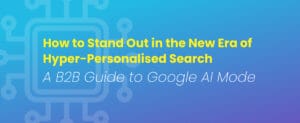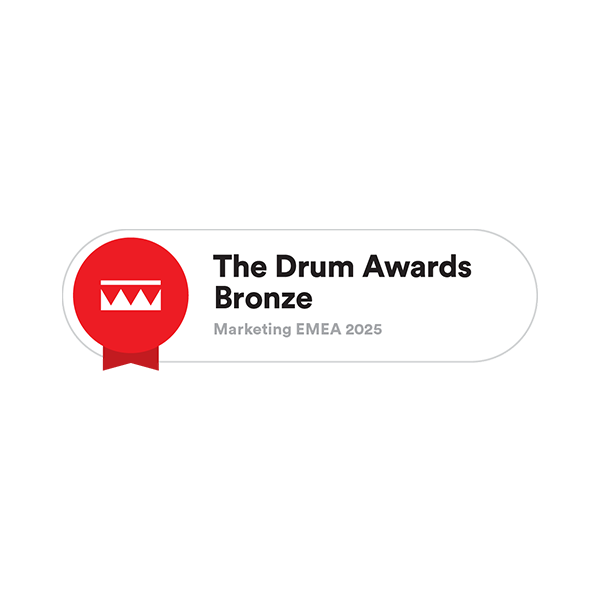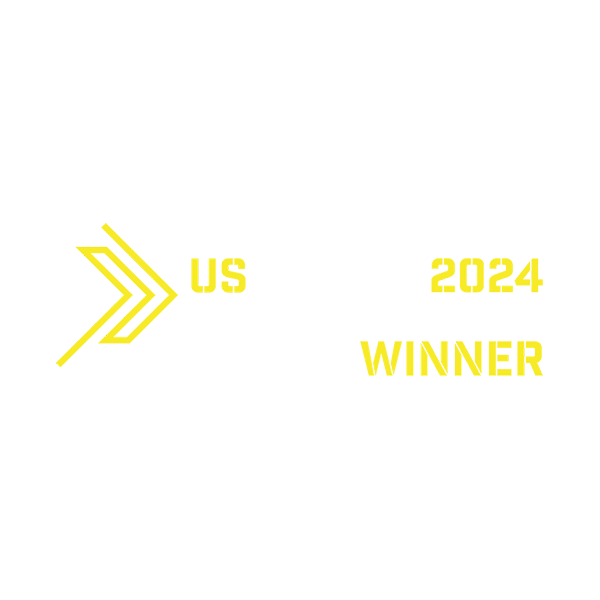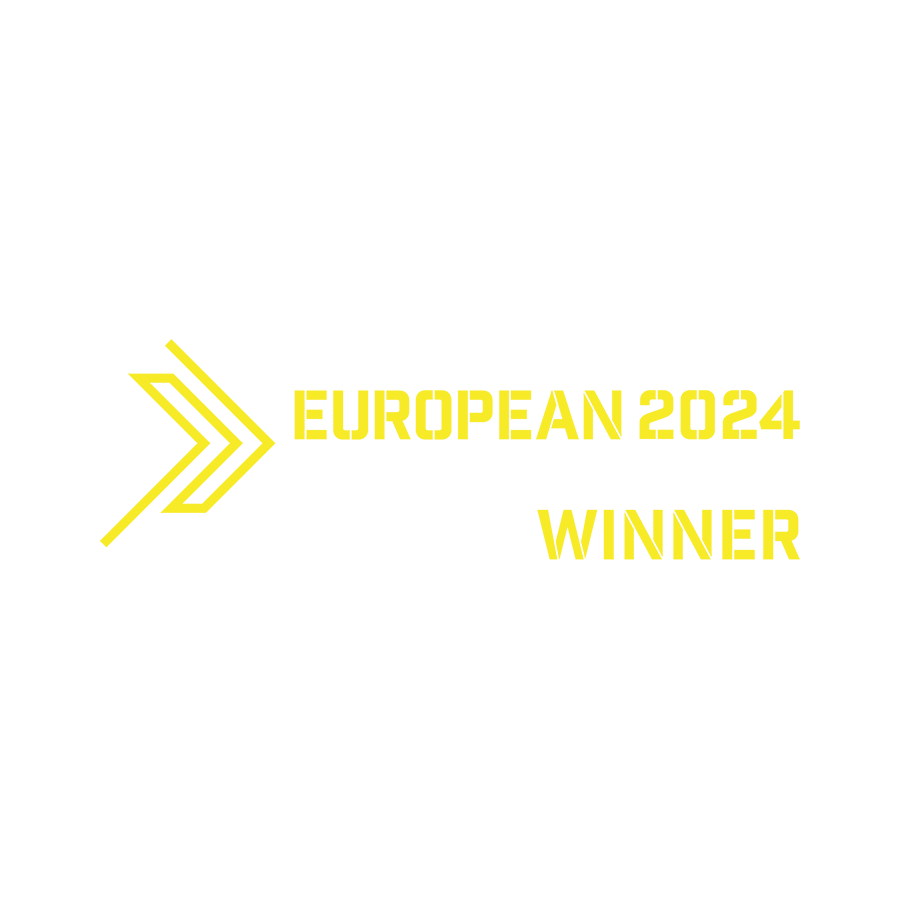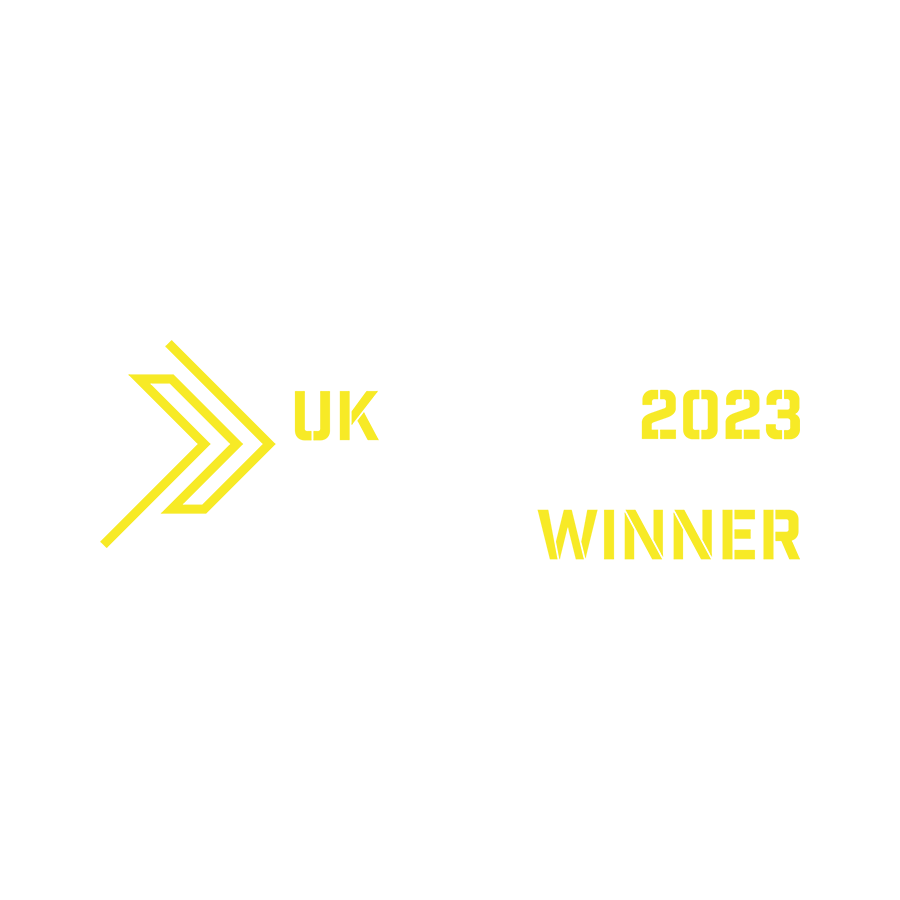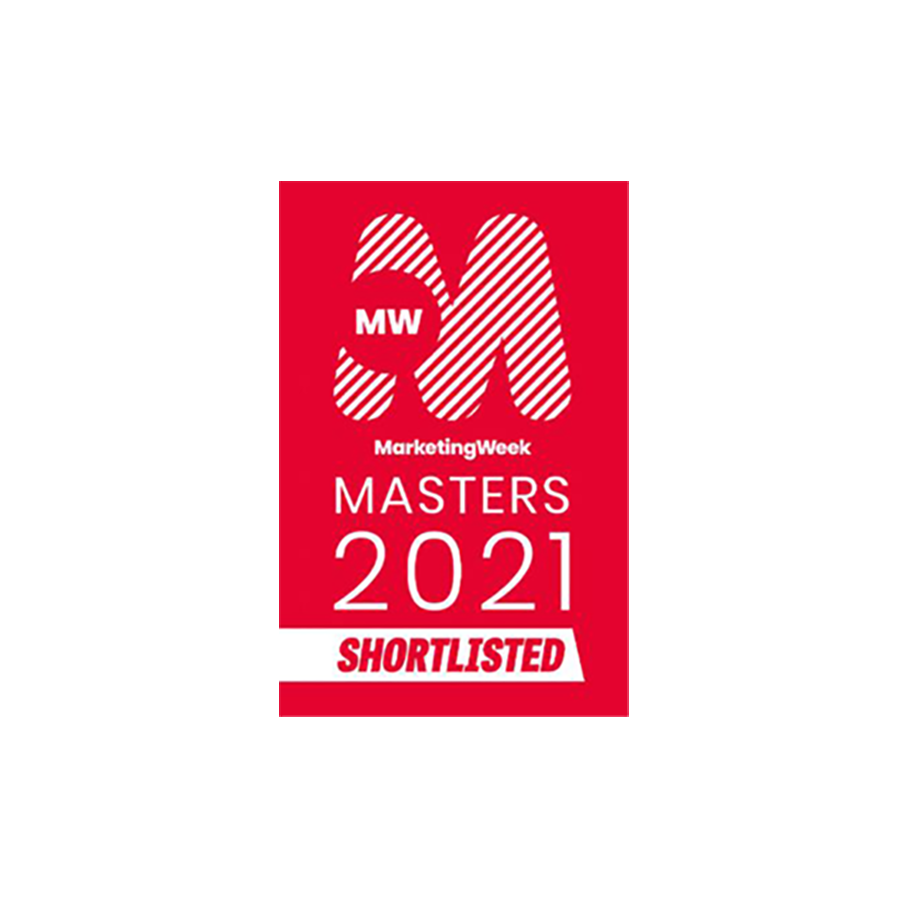How to implement global PPC for your business
Over 63% of the world’s total population is now online (source: datareportal.com) and using e-commerce tools to access new customers internationally has never been more compelling. According to GWI, nearly 6 in 10 internet users aged 16 to 64 buy something online every weeks that might drive your products or services to international markets as part of your digital strategy.
Business growth targets, new markets, increased margins, product range synergies, changes to trading laws or increased barriers in existing markets – these are just a few factors that might drive your products or services to international markets as part of your digital strategy.
Ensuring that all aspects of your business are ready to capitalise on the opportunities that the global market presents is essential and preparing your international PPC strategy should be top of the list – ideally with the help of an expert PPC agency.
PPC advertising recap
Pay-per-click advertising (PPC) or Paid Search is a marketing tactic in which businesses pay search engines for advertising placement on SERPs (search engine results pages) but also on key Social Media platforms such as Facebook.
The 3 most common goals for a PPC campaign are:
- Drive traffic to your website or e-commerce site
- Get more, and better qualified, sales leads
- Increase your online or in-store sales conversion rates
PPC campaigns can also help promote your brand and create product awareness by placing ads aligned with other online behaviour that might have a synergy with your offering e.g. people searching for ‘is it going to rain at the weekend’ might be tempted to buy a gazebo if they are planning a family barbeque.
Paid search works on a pay-per-click model, meaning that until someone clicks on your ad, you don’t pay. The business only pays when ads are clicked.
The cost of the click is determined by auction. Advertisers bid on the perceived value of a click in relation to the keywords, platforms, and audience type which are established in the campaign design. Due to these complexities the process of running an effective PPC campaign is best managed by an expert PPC agency.
For a deeper dive into PPC basics and how PPC works, visit our PPC Services page.
Which PPC channels will work best?
Whilst Google should always be your first choice channel for any PPC campaign, social media use continues to grow at a very healthy rate and it is estimated that total global users reached 4.65 billion in April 2022(source: datareportal.com).
With over 2 billion people worldwide connected to a business on Facebook, it should also be a considered platform for a PPC campaign. Especially since social platforms now offer the convenience of buying directly through the platform rather than the perceived inconvenience of clicking through to an e-commerce site.
Whilst a key theme of this article is localising key aspects of your campaign, when it comes to reaching consumers on social media (outside of China) don’t be tempted by country specific social media platforms – unless your Facebook PPC campaign is underperforming. Facebook continues to be the world’s most used social media platform and should be the primary platform for any PPC campaign.
Through ‘Meta for Business’ Facebook provides comprehensive ‘cross-border advertising’ assistance including help with world-wide targeting and ‘multi-language, multi-country dynamic ads’ that might be appropriate for your campaign.
Reach into international business markets can be extended by use of other platforms such as LinkedIn and Microsoft Advertising (formerly Bing Ads).
Why customised advertising is key?
It can be easy to think that we all now operate in a harmonised global landscape as the access to news, information and videos on virtually any subject comes at the click of a button or through a simple question to Alexa.
However great care must be taken to fully understand how the linguistic nuances and cultural differences in each country can make search and buying behaviour unique. Simply translating copy in existing assets and changing the geographic targeting of your advertising campaign is unlikely to be the best approach and may indeed have negative impact on brand perceptions.
Customers are more likely to trust and engage with brands that fully understand their customs and which use the same language as them. A recent Ipsos study found that 55% of people prefer ads on social media to reflect their country’s culture. The more complex the buying process and the more involved your brand is with after sales care, the more important this becomes; particularly if repeat business and advocacy are key business goals.
Thanks to the TV and film industries the key differences in US vs UK English might feel quite familiar (pants/trousers; ATM/cashpoint, hood/bonnet etc.) but it is estimated that over 160 different English dialects exist around the world so caution is required.
Spanish is the main language for over 20 countries and whilst the differences in the versions of Spanish across the world are not as great as for other global languages there still remain significant vocabulary and grammar variances in each one that also might cause issues.
Taking a local approach to going global
‘Glocalisation’ is a combination of the words “globalisation” and “localisation” and is used to describe a product or service that is developed and distributed globally but is also adjusted to accommodate the user or consumer in a local market.
This approach should be applied to your international PPC campaign and indeed to all other aspects of your product development process and your digital marketing campaigns.
Variances will not only apply to language but also to how consumers search for a product. The use of generic trademarks is a key example e.g. US consumers might search for a ‘vacuum cleaner’ whilst UK consumers typically look for ‘hoover’ and more recently Ddyson’. Search term ‘Sellotape’ is used in many countries across Europe and Africa but ‘Scotch tape’ is relevant if selling to Canadians.
Recognition of climate differences (e.g. when the rainy season starts, is the country in the southern or northern hemisphere to determine when summer and winter falls) and timings of key cultural, religious and sporting events are key to planning the optimal times to run a PPC campaign in each country.
Is your product and service optimised for success in each new market?
Whilst you might have strong evidence that demand exists, or can be generated, in other countries for your existing product or service, care must be taken to ensure that naming and packaging will be well received.
Keeping one global product name makes sense for economies of scale, but a global translation check should take place to ensure that words used don’t have unfortunate meanings in other languages (the most used example here is the GM car named ‘Nova’ which was renamed in Spanish speaking countries as some thought it might be read as ‘No Va’ meaning ‘doesn’t go’ in Spanish).
Colours and use of certain imagery including people and places should be checked for desirability or acceptability and the right units of measure visible. US shoe size 6 will confuse UK and Australian buyers who should be looking for local size 3.5 and 4.5 respectively!
Engaging a PPC agency that fully understands the care that needs to be taken with understanding local market and language factors is essential.
Legal / ‘Important information’ requirements
Another argument for careful localisation of ads and country specific websites or ecommerce sites are the variances in laws regarding the sale of goods and services and what information has to be presented to prospective customers dependent on where they are in the purchase funnel.
Even where there are international law principles in effect (e.g. EU directives), all countries have to adopt them into their own legal systems and may do so in different ways.
Key examples include requirements on how prices, discounts and finance credit options must be displayed. And more recently, what information might be required regarding ingredients, sourcing or supplier information, country of origin and claims made on ‘green’, ‘recycled’ or ‘recyclable’ credentials.
These requirements for additional copy may make the ad unwieldy for a particular format and require consideration for using other assets such as display advertising in other channels which your PPC consultant can best advise on.
Ready to start planning your International PPC campaign?
Having a clear plan for which countries you want to operate in and in what priority is essential since the key to success for any PPC campaign is expert preparation.
Costs per acquisition are likely to vary widely by country since demand for the terms will be determined by varying local conditions. This should be noted when setting CPC and CPM targets. You can get a first estimate for projected spend in Google search by adding your keywords to Google Keyword Planner and setting the region to the country you’re planning to target. Closely monitoring campaign performance will allow you to adjust targets once you gain a better understanding of the competitiveness of each market.
Once your priority plan and targets have been set you need to research your audience and match this insight to the identification of appropriate keywords. A PPC agency is able to provide the in-depth research required to find the appropriate keywords and long-tailed key words (phrasestypically of 3 to 5 words) that are related to your products or service and the industry that you operate. These are what your potential customers will be searching for and with an international PPC campaign this will need to be done in each market to ensure that these are dialect specific and culturally correct.
The ability to track performance and adapt search terms, ad copy and ad appearance in a nimble fashion for each country is another benefit of working with experts in international PPC management.
Prepare for PPC!
Once your PPC campaign is turned on potential customers with be clicking through to your landing site or e-commerce platform. You need to ensure they have a smooth and hassle-free shopping experience so that you have optimal chance to convert, upsell and secure repeat business. Your PPC consultants will be able to help create or localise your existing sites and perform ongoing site reviews and enhancements to optimise success.
This will include ensuring that your sites and the ads used are mobile optimised since over 90% of the world’s internet users use a mobile phone to go online at least some of the time. Mobile phones now account for more than half of our online time, and more than half of the world’s web traffic.
More people now make purchases via mobile devices than via desktop and laptop computers and the latest figures indicate that smartphones now account for roughly 4 in 5 of the mobile phone in use around the world today.
Ensuring your website, e-commerce site and all aspects of your digital marketing campaign are mobile optimised will always help to increase your ROI.
Your support services also need to be prepared and in particular your ‘Live Chat’ response will need to be re-tuned for each country to ensure that language and cultural nuances are relevant in any conversations held.
International PPC recap
Achieving success in expanding your business onto the global stage can be accelerated with a well-designed and continually optimised International PPC campaign. An experienced PPC agency can help you achieve this by:
- Establishing relevant and achievable campaign targets and country prioritisation
- Localising existing assets, landing pages and e-commerce sites or developing new ones as required to reflect language dialect and cultural nuances that could affect success
- Checking legal requirements and mandatory information
- Researching local conditions such as climate and cultural events to optimise campaign timings
- Account structure and Bid strategy
- Ad placement and PPC management
- PPC testing and optimisation
- Performance analysis and recommendations
We recognise that global PPC advertising is a huge field constantly undergoing change and review. Engaging an expert PPC agency for PPC services is key so don’t hesitate to get in touch so we can help you with your campaign.


